Npower Out of Contract Charges – Effective 1st January 2025
Stay Informed: Npower’s Default Rates Explained

If your business energy contract with Npower has expired, or you’ve not signed a new agreement, you’ll be charged their default rates. These rates are often higher than fixed-term contracts, ensuring continued energy supply but at a premium cost.
This blog will outline Npower’s default rates effective from 1st January 2025, explore their potential impact on your business, and explain how The Smart Energy Company can help you find better alternatives.
What Are Npower Default Rates?
Default rates, also referred to as out-of-contract rates, apply when:
- A fixed-term contract expires without renewal or supplier switch.
- No formal agreement is in place for energy supply.
These rates include:
- Unit Rates (p/kWh): Charges for energy consumption, varying by meter type, time of use, and season.
- Standing Charges (p/day): Daily fixed charges for maintaining energy supply.
- Capacity Charges (p/day/kVA): Applied to Half-Hourly meters to cover network capacity costs.
These rates are notably higher than fixed-term tariffs, incentivising customers to secure a formal contract.
Npower Default Rates – Effective January 2025
Half-Hourly (HH) Default Rates
| Time Period | Non-Microbusiness Unit Rate (p/kWh) | Microbusiness Unit Rate (p/kWh) | Standing Charge (p/day) | Capacity Charge ([/day/kVa) |
|---|---|---|---|---|
| All Night Units (00:30-07:30) | 37.250 | 38.246 | 2153.66 | 4.131 |
| Non-Business Day Units | 44.149 | 45.479 | 2153.66 | 4.131 |
| Business Day Units (Nov-Mar) | 51.491 | 53.150 | 2153.66 | 4.131 |
| Business Day Units (Apr-Oct) | 41.297 | 42.462 | 2153.66 | 4.131 |
Non-Half-Hourly (NHH) and Unmetered Supplies (UMS) Rates
| Time Period | Non-Microbusiness Unit Rate (p/kWh) | Microbusiness Unit Rate (p/kWh) | Standing Charge (p/day) |
|---|---|---|---|
| All Time | 40.039 | 41.806 | 183.04 |
Key Details About Npower Default Rates
Included Charges:
- Balancing Services Use of System (BSUoS): Costs for maintaining grid stability.
- Transmission and Distribution Costs: Covers the delivery of electricity to your site.
- Renewables Obligations (RO) and Feed-in Tariff (FiT): To support renewable energy projects.
- Capacity Mechanism (CM): Ensures energy security during high demand.
Excluded Charges:
- Reactive Power and Excess Capacity: Additional charges based on your usage.
- Climate Change Levy (CCL): A tax on business energy use.
- Meter Operator (MOP), Data Aggregator (DA), and Data Collector (DC) Fees: Costs for meter maintenance and data handling.
How Npower Default Rates Impact Your Business
Remaining on Jellyfish Energy’s deemed rates can lead to:
- Increased Energy Costs:
- Unit rates for Half-Hourly meters can reach up to 53.150p/kWh, while standing charges can exceed £2,622/day, making these rates significantly higher than fixed-term tariffs.
- Reduced Budget Predictability:
- Default rates may change with market conditions, complicating budget management.
- Missed Opportunities for Savings:
- Fixed-term contracts generally offer lower rates and greater predictability, helping businesses save long-term.
How The Smart Energy Company Can Help
At The Smart Energy Company, we specialise in helping businesses avoid high deemed rates by finding tailored energy solutions.
Here’s how we assist:
- Comprehensive Market Comparison:
- We compare rates across 25+ trusted suppliers to find the most competitive options for your business.
- Seamless Transition:
- From contract negotiation to supplier switching, we handle everything for you.
- Cost-Saving Expertise:
- Our tailored solutions ensure you secure the best rates for your energy usage.
- Proactive Contract Management:
- Never risk rolling onto out of contract rates again—our team ensures you’re always on the best plan.
FAQs About Npower Default Rates
What happens if I don’t renew my Npower contract?
Your business will automatically move onto default rates, which are higher than fixed-term tariffs.
Can I switch suppliers while on default rates?
Yes, you can switch at any time without providing notice, as long as your account is in good standing.
How can I avoid default rates?
Renew your existing contract or work with The Smart Energy Company to find a better deal before your fixed-term agreement ends.
What is the difference between a Micro and Non-Micro Business, and how does it affect Npower rates?
A Micro Business is defined as having fewer than 10 employees, an annual turnover of less than €2 million, or consuming less than 100,000 kWh of electricity or 293,000 kWh of gas annually. If your business exceeds any of these thresholds, it is considered a Non-Micro Business.
This classification impacts your rates with Npower, as Micro Businesses are typically charged slightly different rates to reflect their smaller energy demands and regulatory protections. Non-Micro Businesses often have lower per-unit rates but higher capacity or standing charges due to their larger scale energy use.
If you're unsure of your classification, contact your supplier or The Smart Energy Company for help.
Act Now to Avoid High Variable Rates
Don’t let Jellyfish Energy’s deemed rates affect your bottom line. Contact The Smart Energy Company today to find a more competitive energy solution tailored to your needs.
Contact us today for a free, no-obligation quote:
Call us: 0151 459 3388
Email us: info@smart-energy.uk
Get a quote online:
Explore More Insights
Dive into more energy updates, market reports, and supplier insights tailored for your business


